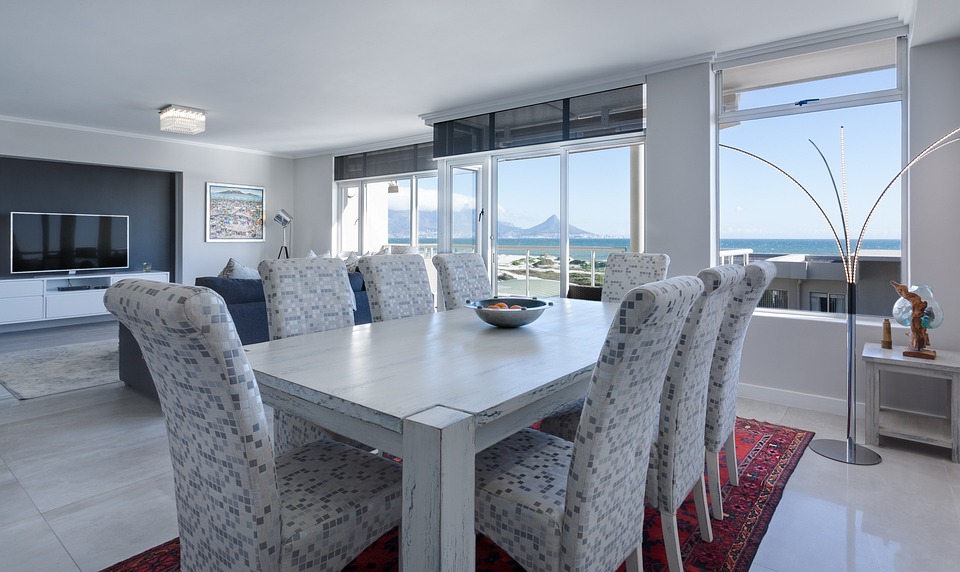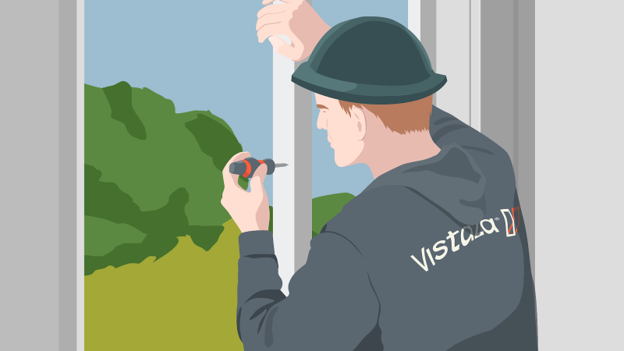What is a Passive House and Passive House Certification?
In the architectural world, a revolutionary concept was created, known as Passive House – energy-efficient havens that prioritized thermal comfort and significantly slashed operating energy compared to standard buildings.

But wait, this is where it gets interesting!
These houses were designed to optimize energy conservation and provide a sustainable living environment. To prove their mettle, they underwent a rigorous certification process by either the esteemed Passive House Institute (PHI) or the prestigious Passive House Institute US (PHIUS).
PHI vs PHIUS: Why Two Different Certification Bodies?
You must be wondering, why two different certification bodies, right? Well, while both organizations aim to promote energy-efficient construction, they have different approaches and standards due to the varying climate conditions and building practices in different regions.

PHI focuses on the international market with its European Standard, while PHIUS tailors its standards to the specific needs of the North American climate with its American Standard.
Key Similarities and Differences
But what about the key similarities and differences? Both PHI and PHIUS certifications use similar metrics to assess the energy performance of buildings, but the methods of measurement and specific standards differ between the two certification bodies.

For example, airtightness is measured using different units: PHI uses “air changes per hour at 50Pa” (ACH50), while PHIUS uses “cfm/ft2 of envelope area at 50Pa.” Additionally, the criteria for heating and cooling requirements vary, with PHIUS considering factors such as building size, occupant density, and location.
Energy calculations also differ, with PHIUS using net source energy demand and PHI using Renewable Primary Energy (PER) demand.
Understanding these similarities and differences is crucial for architects and builders to ensure compliance with the specific certification standards.
Benefits of PHI and PHIUS-Certified Windows
Are you curious about the benefits of choosing PHI or PHIUS-certified windows? Well, let me tell you, these exceptional windows offer a myriad of advantages for architects, builders, and mid-rise developers alike.
By opting for PHI or PHIUS-certified windows, you not only contribute to a greener environment but also enjoy reduced energy consumption. But what about their role in obtaining Passive House certification, you may wonder? These windows play a crucial role in enhancing the overall energy efficiency of buildings, ensuring optimal thermal comfort while minimizing heat loss or gain.
And what does rigorous testing and quality control mean for you? It means that certified windows guarantee durability and top-notch performance. Excited to explore the wide array of certified windows? The Certified Product Databases on the organizations’ websites provide detailed insights to help you make informed choices for your projects.
How Vistaza Windows Can Help
Now, here’s where Vistaza windows come into play. Vistaza windows are not your average windows – they are a leading provider of high-quality, energy-efficient windows that meet the standards of PHIUS certification. With a commitment to sustainability and innovation, Vistaza offers a wide range of windows designed to optimize energy performance and maximize comfort.
In Conclusion
PHI and PHIUS certifications offer architects and builders a clear roadmap for achieving energy-efficient and sustainable building design. By understanding the similarities and differences between these certifications, architects can make informed decisions and select the most appropriate certification for their projects. And with the support of companies like Vistaza, architects can access high-quality, certified windows that contribute to the success of their Passive House projects. Now that’s what we call a window of opportunity!




